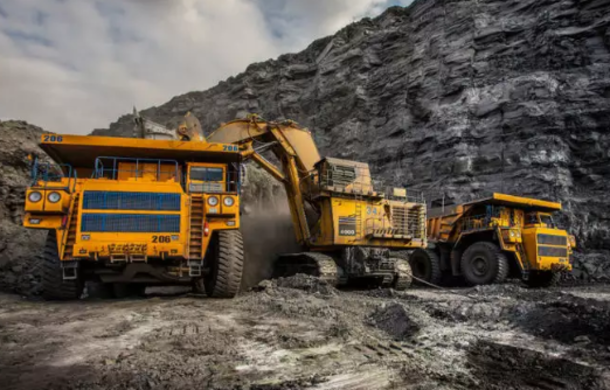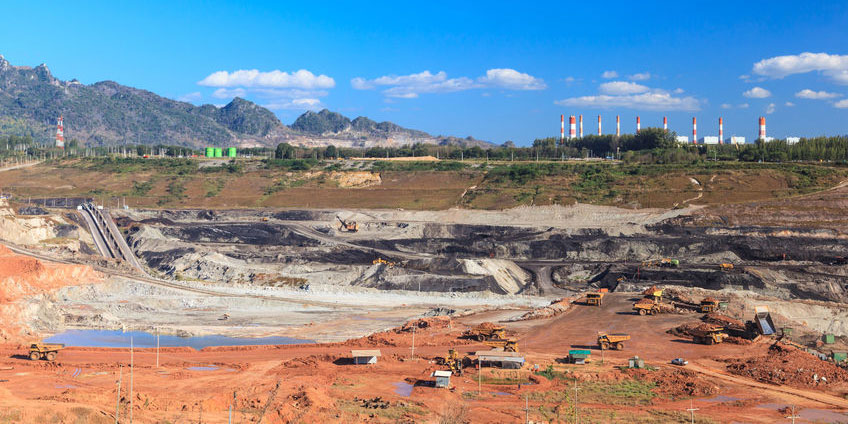“The breakthrough research being pursued at IISc in clean coal domain could potentially be game changer for meeting the energy needs of the country in terms of higher efficiency and capacity at lower operating costs and size. I am sure this would result in research, development and demonstration of state-of-art tools, products and processes which are of critical importance for our energy security,” said Dr Vardhan
Dr. Harsh Vardhan also dedicated an Interdisciplinary Centre for Energy Research(ICER) to the Nation which is India’s first of its kind centre equipped with state-of-art facilities for conducting wide spectrum of energy research by knowledge network of elite researchers.

“I am sure all these intense scientific efforts and collective endeavors would enable us to realise the vision of an affordable, efficient, compact reliable Clean Energy systems which will be robust and suitable in diverse geographic conditions,” said the Union Minister, while addressing the scientists. Adding further he stated “Government of India will be facilitating all such efforts and complementing and supplementing both in terms of technical knowledge and finances, adequately for strengthening ICER, in particular and scientific community in general.”
Secretary, Department of Science & Technology (DST) ,Prof. Ashutosh Sharma and Director, Indian Institute of Science (IISc), Prof. Anurag Kumar, were also present on the occasion.
Speaking on the occasion, Prof. Ashutosh Sharma, Secretary, DST emphasised the need for accelerated clean energy innovation. “Creation of a eco-system for R&D and innovations involving all stakeholders is a priority and DST plans to have novel instruments and mechanisms for engaging stakeholders and developing appropriate partnership based on Technology Readiness Level (TRL) stages.
Prof. Anurag Kumar, Director, IISc reiterated institutes commitment to contribute to larger national goals and pursue R&D endeavours to benefit the humanity through sustainable interventions. He stated that having established a strong foundation in these areas, ICER plans to expand its activities in several energy-related areas with an emphasis on process and material development, the latter involving collaborations with the manufacturing industry.
Interdisciplinary Centre for Energy Research (ICER) is one of the youngest centres at the Indian Institute of Science (IISc). It was conceived to take up socially relevant research in line with national-level missions of the Government of India, which will directly benefit the people of the nation and the world. The Centre hosts faculty members from different departments having diverse engineering and science backgrounds, pursuing cutting-edge research in the broad area of energy. Translational research carried out by ICER faculty members has resulted in technology transfers in India and abroad. Apart from a doctoral program, extensive skill development programs have also been conducted by the Centre in line with national requirements. ICER has so focused on research breakthroughs and developing sustainable technologies for renewable energy, combustion, concentrated solar power (CSP), next-generation solar photovoltaic (PV), novel energy storage technologies, hydrogen, biofuels and bio-mass.
National Centre for Clean Coal Research and Development (NCCCR&D) is a national level consortium on clean coal R&D, led by the Indian Institute of Science (IISc)-Bengaluru. The primary goal is to address several critical R&D challenges towards the development of clean coal technologies, in tandem with developing supercritical power plant technologies, both at the materials and system level.
In order to achieve international targets on climate change by minimizing anthropogenic emissions and also to address the ever-growing energy demand of India, development of clean coal technologies to reduce carbon emissions from coal-based power plants has become a prime necessity for India. The pathways identified for lowering the carbon footprint of coal-based thermal power plants is by shifting towards high efficiency advanced ultra-supercritical (AUSC) steam power plants as well as supercritical carbon dioxide (s-CO2) based Brayton cycle power plants, along with exploration of new combustion and gasification technologies.
 Indian Industry Plus A Pratisrutiplus Suppliment
Indian Industry Plus A Pratisrutiplus Suppliment












